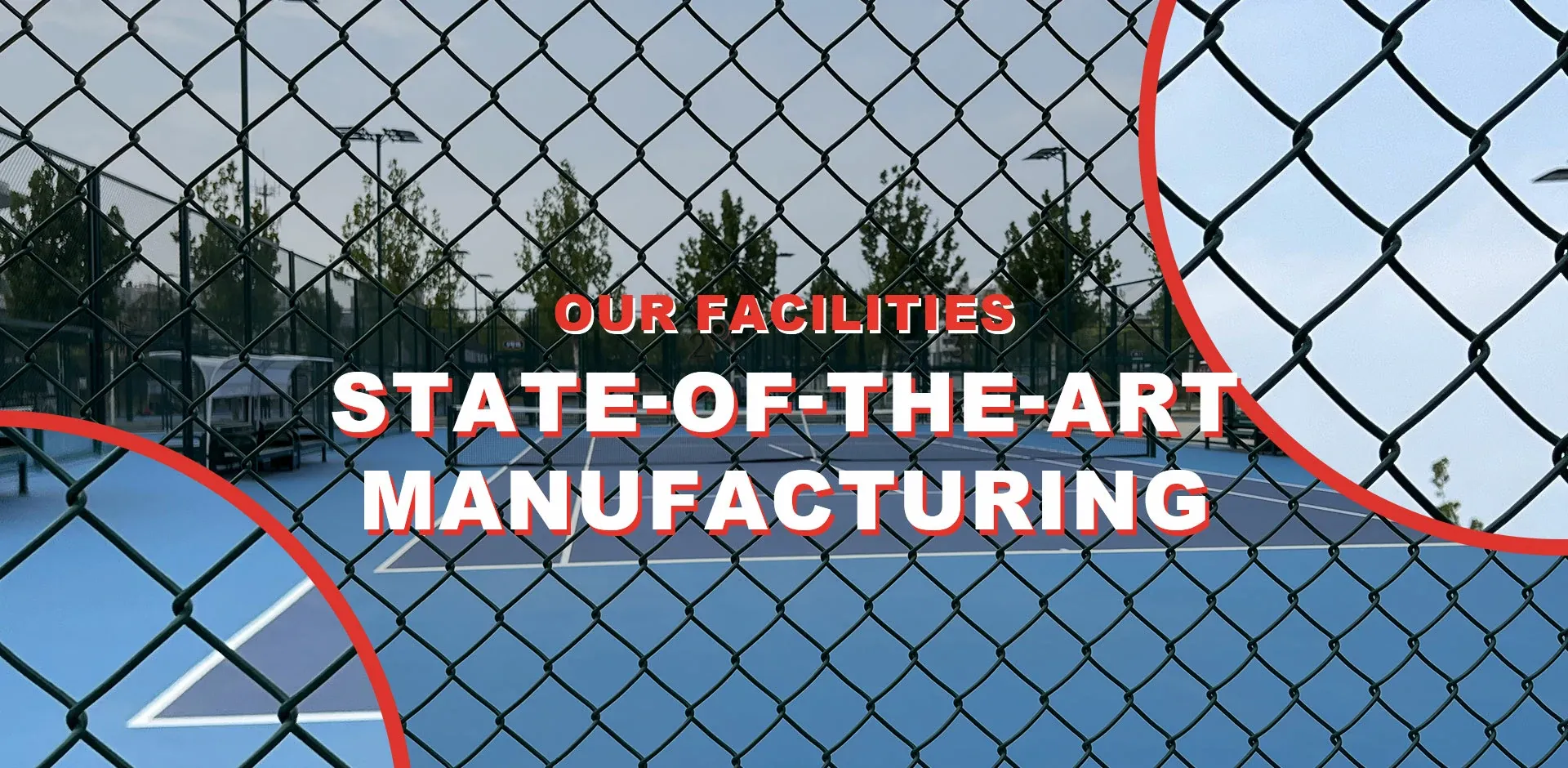nails for pallets
The Importance of Nails for Pallets
In the world of manufacturing and logistics, pallets play a crucial role. They are essential for the transportation and storage of goods, providing a stable base for stacking products. However, the integrity of these pallets largely depends on the quality and type of nails used in their construction. Nails may seem like a small aspect of pallet production, but they are fundamental to ensuring durability, safety, and efficiency in the entire supply chain.
Types of Nails Used in Pallet Manufacturing
Pallets can be made from various materials including wood, plastic, and metal, but wooden pallets remain the most common choice due to their affordability and availability. The nails used for wooden pallets typically fall into several categories
1. Common Nails These are the standard nails used in pallet construction. They are often made of steel and are designed to hold the wooden planks together securely. Common nails have a flat head and are generally easy to drive into the wood.
2. Ring Shank Nails These nails feature a ringed shank, which offers superior grip compared to common nails. The rings provide additional friction against the wood, making them less likely to pull out. This type of nail is particularly beneficial for pallets that will undergo heavy stacking and transportation.
3. Finish Nails Although less common than the other types, finish nails can be used for aesthetic purposes in pallets that may require a polished look. However, they are not recommended for heavy-duty applications due to their smaller diameter.
4. Metal Fasteners In some cases, metal fasteners such as screws or brackets may be utilized in conjunction with nails for added security. These fasteners can provide enhanced stability, especially in pallets that need to endure significant weight or movement during transport.
Factors to Consider When Choosing Nails
nails for pallets

When selecting nails for pallet construction, several critical factors must be taken into account
- Material The material of the nails can impact the overall strength and corrosion resistance. For instance, galvanized nails are coated with zinc to prevent rust, making them ideal for use in environments where moisture is present.
- Length and Diameter The length and diameter of the nails need to be appropriate for the thickness of the wood being used. Using nails that are too short can result in weak joints, while nails that are too long can split the wood.
- Environmental Conditions Depending on where the pallets will be used, it may be necessary to choose nails that can withstand specific environmental conditions. For example, pallets used in cold storage may require different fastening solutions compared to those used in outdoor settings.
The Role of Quality Control
Quality control is vital in the pallet industry, and this extends to the materials used, including nails. Poor-quality nails can lead to structural failure, resulting in product damage and serious safety hazards. Therefore, manufacturers must prioritize the sourcing of high-quality nails that meet industry standards.
Regular inspections and testing of nails can help identify any defects or weaknesses, ensuring that every pallet produced is capable of withstanding the rigors of transportation and storage. This process is crucial not just for the safety of the products being shipped, but also for preserving the integrity of the supply chain.
Conclusion
In conclusion, while nails may appear to be a minor component in the construction of pallets, their selection and quality are of utmost importance. The right choice of nails can significantly enhance the durability and strength of pallets, leading to more efficient logistics and safer handling of goods. As industries continue to evolve, the emphasis on quality materials, including nails, remains a pivotal aspect of producing reliable and effective pallets. Ensuring that every nail used in pallet manufacturing meets high standards is not just a best practice; it's a necessity for thriving in an increasingly competitive market.
-
Innovations in Razor Barbed Wire Design TechnologyNewsAug.11,2025
-
Roofing Nail Compatibility with Different Metal Roof TypesNewsAug.11,2025
-
Welded Wire Mesh for Rockfall Protection BarriersNewsAug.11,2025
-
Galvanized Wire Corrosion Resistance TestingNewsAug.11,2025
-
3D Fence Solutions Preventing Bird CollisionsNewsAug.11,2025
-
Using Chain Link Fence for Urban Garden SupportNewsAug.11,2025




